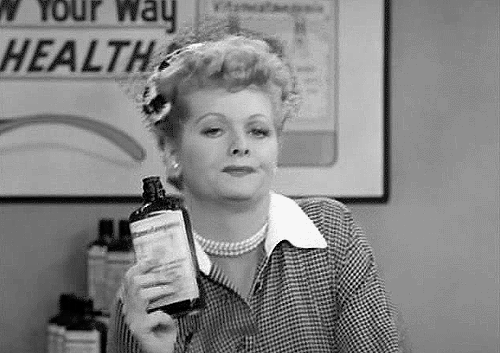
Avocat Reporteur
PROJECT COUNSEL MEDIA
21 September 2020 (Paris, France) – In Pile v Chief Constable of Merseyside Police, Cheryl Pile brought a complaint against the Merseyside Police Department saying police officers had removed her outer clothing and provided her with dry clothing at a time when she was intoxicated. She brought a claim against the police in trespass to the person and assault … and even stated the event amounted to an unlawful invasion of her right to privacy under Article 8 of the European Convention on Human Rights.
Mr Justice Turner dismissed the claimant’s appeal and his opinion is a doozy. My favourite bits from his opinion:
“Cheryl Pile brings this appeal to establish the liberty of inebriated English subjects to be allowed to lie undisturbed overnight in their own vomit soaked clothing.
Of course, such a right, although perhaps of dubious practical utility, will generally extend to all adults of sound mind who are intoxicated at home. Ms Pile, however, was not at home. She was at a police station in Liverpool having been arrested for the offence of being drunk and disorderly. She had emptied the contents of her stomach all over herself and was too insensible with drink to have much idea of either where she was or what she was doing there.
Rather than leave the vulnerable claimant to marinade overnight in her own bodily fluids, four female police officers removed her outer clothing and provided her with a clean dry outfit to wear. The claimant was so drunk that she later had no recollection of these events.
It is against this colourful background that she brought a claim against the police in trespass to the person and assault alleging that they should have left her squalidly and unhygienically soaking in vomit. Fortunately, because this appeal will be dismissed, the challenge of assessing damages for this lost opportunity will remain unmet”.
The judge held that there was normally an element of implied consent when someone, who lacked the ability to articulate themselves, had clothing covered with vomit removed and replaced with clean clothing:
Where someone is so intoxicated that she is unable to make an informed choice then circumstances will arise in which a police officer can readily assume that consent to the removal of clothing can be implied. Normally, someone in custody who has vomited all over themselves, but lacks the ability to articulate their preference, may be safely taken to have given implied consent to the removal of their outer clothing and its replacement by clean clothing so long as all reasonable considerations of safety and the preservation of dignity have been taken into account.
I note, although it forms no part of my reasoning, that some members of the public may well have found it to have been a grotesque result if a woman who: has rendered herself insensible through drink; abused an innocent taxi driver; behaved aggressively to police officers trying to do their job and vomited all over herself should then be found to be entitled to compensation because those same officers, as an act of decency, had then changed her into clean and dry clothing at a time when she was too drunk to know or care.
How on earth was permission to file this claim (appeal?) granted? Or was this, in fact, the permission stage? The police surely had a duty of care towards Pyle. Changing her vomit-soaked clothing, at a time when she was unable both to do so and to make an informed decision herself, discharged that duty in a reasonable manner even though it might not have been strictly necessary.